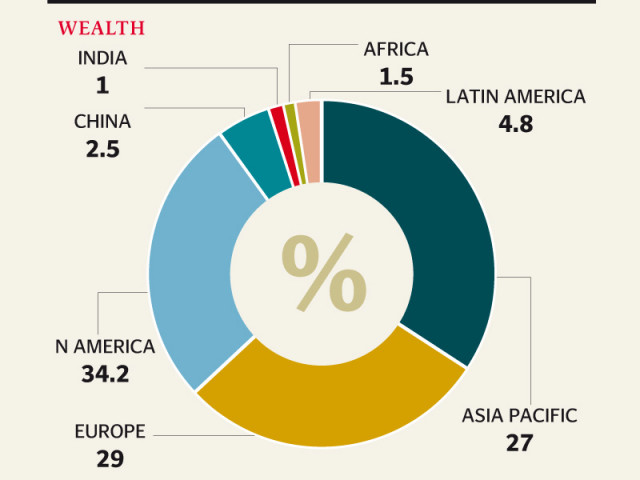Income disparity and the economic system: Reworking our mindsets
Poverty exists because modern economics is dictated by too few people.

the richest 10% of adults hold 85% of the world’s total wealth.
Clearly, such disparity is unfair and can be blamed for incidences of extreme poverty. Excessive wealth accumulation amongst a few people is a result of a flaw in the system, whereby a few intelligent and powerful persons get away with exploiting the entire system.
Why is it so?
According to the capitalist ethos, greater intelligence deserves greater monetary rewards. Does this signal that intelligent people work harder and hence deserve higher compensation? The answer is, no.
The truth is that the poor work much harder and longer to earn their minimum wage. The jobs that the poor do are equally important for the sustainability of any society, if compared to the jobs that the rich undertake. The disparity in earnings arises because the power to make wage decisions lies in the hands of the intelligent. It is no surprise then that the rich and influential mercilessly exploit the system for their personal gains and use their power to accumulate even more power and more wealth. The graph clearly shows this glaring disparity: 90% of global wealth lies in North America, Europe and the rich Asia Pacific nations (Japan, South Korea, Malaysia, etc).

This disparity is even more evident if we consider the salaries drawn by the highest paid executives. For example, the Apple CEO’s total package in 2011 was worth $378 million, which was 11,100 times higher than the pay of an average worker in the US. This essentially means that he earns every 47 minutes what a worker earns in an entire year. This disparity is ludicrous and points to the blatant abuse of the economic system. There is no way that the value added to product by a company’s CEO can justify such lavish pay scales.
Where do we go wrong?
In a majority of countries, democracy is seen as a cure to greed and envy, mainly due its objective of creating conditions that allow individuals to achieve happiness and prosperity through the freedom of choice. The system is expected to create laws that discourage the excessive accumulation of wealth. However, democracy can be hijacked if the freedoms of choice are not properly defined and protected. Democratic regimes, run supposedly by the citizenry, can turn into authoritarian regimes under the guise of democracy if too much power gets concentrated in a few hands.
How do we fix it?
The root cure is to have society focus more on fairness rather than freedom alone. This change in paradigm will results in better democratic rules, better life for citizens and a more fair society. We all need to create a culture that favours fairness in our circles of influence, be it in businesses, family or the political process. The impact of doing so will be huge, long term and sustainable. It will result in better sharing of resources, fairer compensation for labour and also result in an improved standard of living for the working masses. Over time, with continued focus, we will see the huge gap between the ‘have’ and ‘have nots’ shrink.

This problem cannot be solved by waiting for governments to take the lead. Rather, it should be driven by personal initiative at the grassroots level.
THE WRITER WORKS IN THE CORPORATE SECTOR AND IS ACTIVE ON VARIOUS BUSINESS FORUMS AND TRADE BODIES
Published in The Express Tribune, December 31st, 2012.
Like Business on Facebook to stay informed and join in the conversation.



















COMMENTS
Comments are moderated and generally will be posted if they are on-topic and not abusive.
For more information, please see our Comments FAQ